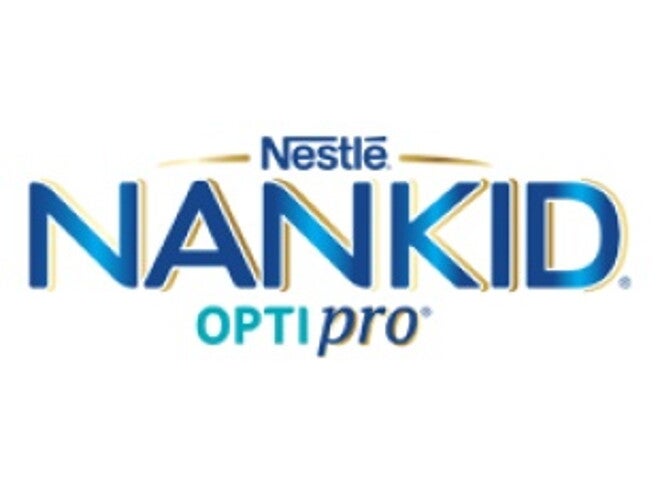
The Power of Words for Building Character in Children
Brené Brown, from the University of Houston in Texas, says her research indicates that people who are viewed as trustworthy are the ones who are in the habit of doing small, caring things for other people. In her words, “Trust is built in very small moments”.
The question is: “Can kindness be taught?”
An interesting study that was published in 2014 reported that 3 to 6-year-olds tend to change their behaviour when doing so will help them to identify with being a good person. The children who were involved in the study listened to a lesson that was aimed at motivating them to help others. One group was told during the lesson that they could “choose to help” while another group heard that they could “choose to be helpers”. In other words, the emphasis shifted from what they could do, to whom they could become.
Children are more motivated by being a good person than by doing the right thing
All the children were given the opportunity to play with the same toys before being presented with opportunities to help in some way. They could, for example, choose to stop and help to clean up a mess, open a container to help someone, assist by putting away toys, or help pick up crayons that had been dropped on the floor.
The children who were told they could be “helpers” were significantly more likely to stop and help than the ones who were told that they could “choose to help”.
The takeaway is that we can use positive labels to help shape a child’s identity
Children love being labelled as a helper, a hard worker, a kind person, a big boy or girl, and so on. We can make the most of this by noticing when they do something that we appreciate and labelling them in that respect, for example: “You are a patient child”, “You are a ray of sunshine” or “You are a kind person.”
The same goes for when we give instructions or ask our children to do something
Children respond better to “You need to be a kind friend”, than “You need to be kind to your friend”. Instead of asking: “Please, will you help me clean the room?” you can say: “Please will you be a helper and help me clean the room?”
The basic premise is that it’s easier to unlock good character traits in our children when we talk about their identity first and then describe the behaviour that we would like to see in them in terms of that identity.
We are excited about supporting you, as you support your child’s every possible in different ways.
In light of this, there are many interesting, fun and engaging games that are perfect for developing a variety of skills in 3–5 year olds. If your child is in this age group, we invite you to sign up – at no charge – to receive developmental milestone reminders and information from us on a monthly basis, aimed at supporting children’s development in all domains. To benefit from this drive from this month until your child’s sixth birthday, please sign up here.
As an extra bonus, we are also adding a downloadable educational game that can be used to help build your child’s identity as a “helper”.
Please follow this link to download your activity.
NESTLÉ® NANKID® 4 is a premium drink for growing children. It is a source of protein and Omega-3 fatty acids, and contains HMO and lactic acid producing culture.
Support your child’s every possible
IMPORTANT NOTICE. NESTLÉ® NANKID® 4 is not a breastmilk substitute, and is formulated to support the changing needs of healthy children older than 3 years.
Ogilvy November 2021
Recipe code: ZAJEPB017
References: [For regulatory purposes only, not to be included in consumer communication]
1. Brown B. Supersoul sessions: The anatomy of trust [online]. [cited 2021 Oct 6]. Available from: URL: https://brenebrown.com/videos/anatomy-trust-video/
2. Bryan CJ, Master A, et al. “Helping” Versus “Being a Helper”: Invoking the Self to Increase Helping in Young Children. Child Dev 2014;85(5):1836–1842.